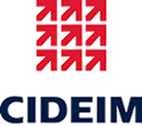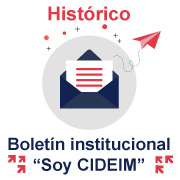| Immunology and Cellular Biology Unit |
|
The Immunology and Cellular Biology Unit develops projects that evaluate the host-pathogen response and the immune response to infectious diseases. We conduct cellular assays with mononuclear cells obtained from peripheral blood of patients or healthy controls, as well as with human cellular lines; thereby allowing purification of different populations with the magnetics activated cellular separation (MACS) technique. The immune response is evaluated by determining different cellular phenotypes through flow cytometry, evaluating plasma immunoglobins or through in vitro re-stimulation assays with Leishmania antigens. This is accomplished through diverse cellular responses such as cytokine secretion by ELISA, relevant gene expression by qRT-PCR and proliferation by carboxyfluorescein (CFSE). The Unit also has the capacity to evaluate different cellular processes via fluorescence microscopy. In addition, we study the interaction of Leishmania with its host cell, the macrophage, by inducing the differentiation of monocytes from peripheral blood or monocytic lines such as U937 or THP-1, and infecting with Leishmania reference strains or those isolated from patients. Infectivity of strains isolated from patients and their susceptibility to drugs are established by optical microscopy, while in vitro evaluation of new drugs is done via luminometry, using Leishmania strains transfected by the luciferase gene.
|







